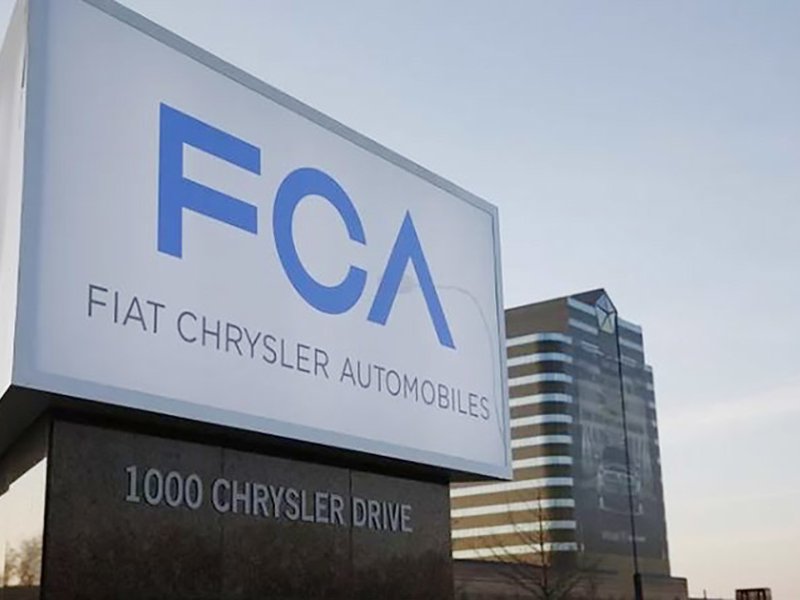
Fiat Chrysler Automobiles on Friday posted a second-quarter loss of $1.24 billion, as North American operations contributed a small profit despite lost production due to the COVID-19 pandemic.
In the second quarter, when factories in North America and Europe were closed for weeks to reduce the spread of the coronavirus, FCA’s net revenue plunged 56 percent to $13.9 billion. The automaker reported an adjusted loss of $1.1 billion before interest and taxes, compared with a profit a year earlier.
North American vehicle shipments sank 62 percent. But the company said that was “partially offset by favorable channel and model mix,” so the region avoided a loss even as net revenue fell 53 percent to $9.71 billion. FCA restarted auto production in May after a two-month hiatus in the region. North America managed to report a $46.1 million profit, down 98 percent from a year earlier.
“Our second quarter showed that decisive actions and extraordinary contributions from our workforce enabled FCA to contain the impact of the COVID-19 crisis,” CEO Mike Manley said in a statement. “While the company remains vigilant about the health and safety of employees, our plants are up and running, dealers are selling in showrooms and online, and we have the flexibility and financial strength to push ahead with our plans.”
The turbulent second quarter comes as FCA and France’s PSA Group move toward a merger to create the fourth-largest automaker in the world. The tie-up, to be named Stellantis, will combine FCA’s strength in North America with PSA’s solid footprint in Europe.
How well the two companies rebound from the pandemic could shape the final terms of the deal. PSA CEO Carlos Tavares told Bloomberg this week that the strength of the recovery will determine whether the combination can move ahead under terms agreed to last year.
“By the end of this year, after the rebound, we’ll see what will be the potential cash position,” Tavares said.
The process is stalled, though, while European regulators demand more data from the companies about their commercial van businesses. Tavares said this month that he’s “flexible” about finding a solution.
The critical U.S. vehicle market is still shaky. Jonathan Smoke, chief economist at Cox Automotive, said that “we are seeing the market struggle to keep up the pace of the recovery we enjoyed in May and June.”
Smoke added that inventory is becoming more of a problem in both the new and used markets. Cox is expecting a modest month-over-month improvement in U.S. sales in July but said the comeback is being stifled by the coronavirus outbreak and economic uncertainty.